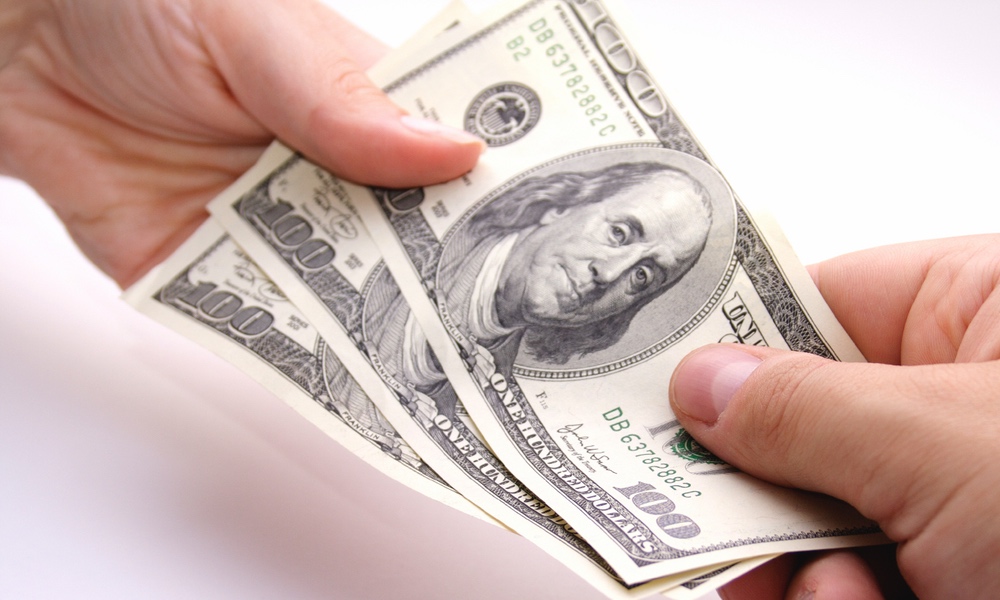If you think that buying happiness is an oxymoron, or just for wealthy people, think again. Spending a little money on services that will free up your time doesn’t just buy time — it may actually make you happier, a new study suggests.
People filled out questionnaires about how they spent their money, and whether they paid for any services that freed up their time, like lawn mowing or housecleaning. The participants, from the United States, Denmark, Canada and the Netherlands, also answered questions about their level of life satisfaction and their feelings of stress about time constraints.
It turned out that people who spent some of their income on time-saving services were happier. And it wasn’t just because they were wealthier: The phenomenon worked across income levels, so even people with moderate incomes, who spent a little of it on time-saving services, experienced greater life satisfaction.Money may not buy happiness, but it can buy time — which may be the next best thing.
Other parts of the experiment looked further into the phenomenon. For instance, the team gave people $40 to spend on time-saving services over one weekend and general products on another weekend. No matter the order of the different types of purchase, people were happier if they paid for services that saved them time.
It doesn’t always occur to people to spend money on services, even if they’re wealthy. The University of British Columbia and Harvard Business School team polled 850 millionaires and found that only half of them spent money on services that would free up their time. And of a sample of almost 100 adults, only 2 percent said that if they won $40 unexpectedly, they’d spend it on services that would save them time.
“Although buying time can serve as a buffer against the time pressures of daily life, few people are doing it even when they can afford it,” said Dunn. “Lots of research has shown that people benefit from buying their way into pleasant experiences, but our research suggests people should also consider buying their way out of unpleasant experiences.”
Why are people reluctant to spend money to gain free time? People may feel like they’re being lazy or indulgent if they’re spending money on time-saving services. “People who hire a housecleaner or pay the kid next door to mow the lawn might feel like they're being lazy,” adds lead author Ashley Whillans. “But our results suggest that buying time has similar benefits for happiness as having more money.”
The study is published in Proceedings of the National Academy of Sciences.





